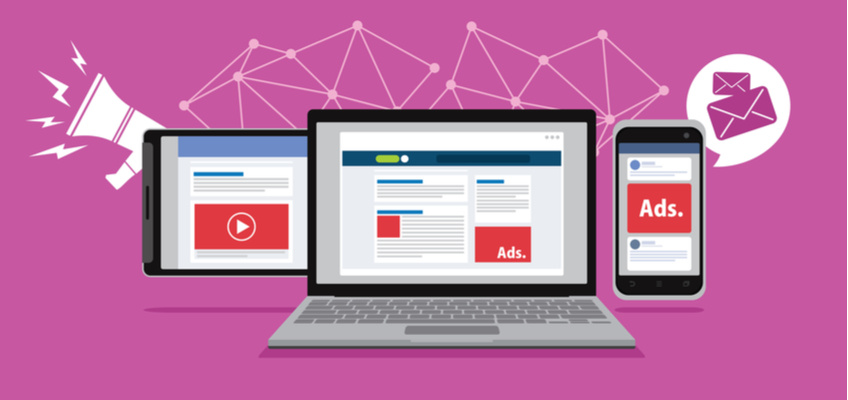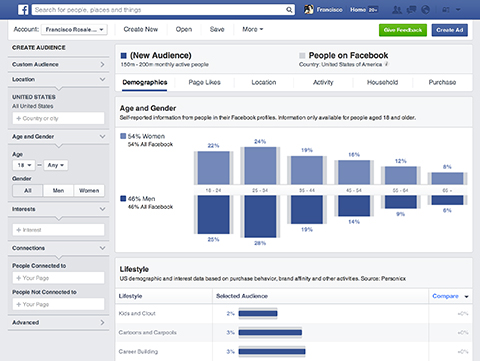Every time people think Facebook can’t achieve greater relevance, companies figure out more powerful ways to leverage its impressive advertising platform to connect with a targeted audience. In eCommerce, Facebook advertising is hotter than ever.
The following is an overview of Facebook advertising in eCommerce, including the types of strategies that pay off, anticipated results and tips for success!
Is it worth it?
A recent report from Marketing Insider Group noted that typical eCommerce firms miss out on thousands of dollars in monthly revenue by ignoring Facebook. In fact, the company cited a marketer who helped a client achieve a 5,601% return on Facebook ad spend in just one month. While not all companies reach this level, this example depicts the potential economic efficiency your business can achieve.

Facebook remains by far the giant of social media, surpassing the two billion user mark in June 2017. More importantly, 66% of users check in daily as compared to 55% when the company reached one billion users. Thus, your business has access to a large audience and the ability to precisely target the people you want through the ad platform’s demographic and geographic filters.
Understanding and targeting your audience
As with other marketing strategies, you can’t just throw dollars at Facebook and assume it will work. You need to have a good idea of your target market, and the ability to deliver relevant messages by accurately setting up your Facebook campaigns.
Facebook wants advertisers to succeed so they will continue to spend. Thus, the company offers powerful audience insights that help you minimize investment risk by evaluating the ideal target in advance. The assessment includes data mining on people who visit and Like your page.

Example of Audience Insights from Social Media Examiner
Another important tip is to segment your audience into smaller lists and then deliver more relevant messages. Don’t create a general “catch-all” ad to promote your eCommerce business; focus on niche marketers with specific content. Visuals influence results! Drive users to a landing page that relates to the ad and products being promoted. Doing so avoids lost opportunities from people who don’t want to click through multiple pages to find what you promised.
Set a daily budget and plan a bidding strategy in advance. Again, Facebook simplifies this process by offering optimized cost-per-media data based on your audience.
Who should manage your Facebook campaigns?
There are two basic approaches to developing and distributing Facebook ad campaigns as an eCommerce provider. You can manage them yourself or hire an agency or consult who specializes in this area.
If you have time and expertise, self-management is sensible. However, eCommerce providers who are busy need to focus on other aspects of business operations and may benefit by hiring a dedicated expert. Given that you can hold the partner accountable by tracking results regularly, this approach has relatively low-risk with a short-term trial. As noted with the previous example, the potential return on spending is often high.
Online sellers cannot afford to ignore Facebook advertising. If you do, competitors are attracting and likely retaining customers that you could have captured. Develop an effective strategy to optimize efficiency, and consider the benefits of hiring an outside agency or consultant!
Culled From Payoneer


